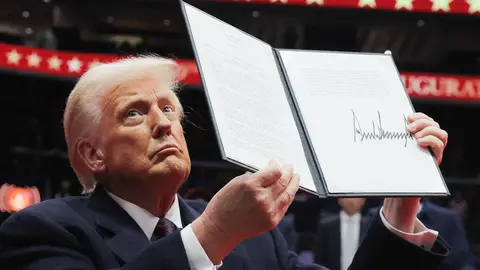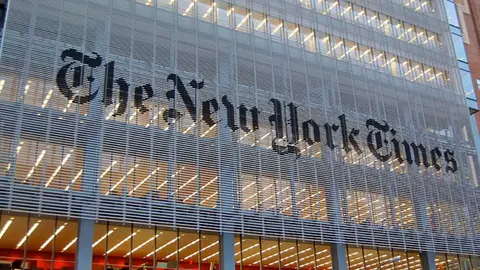Trump faces the global challenge of emigration
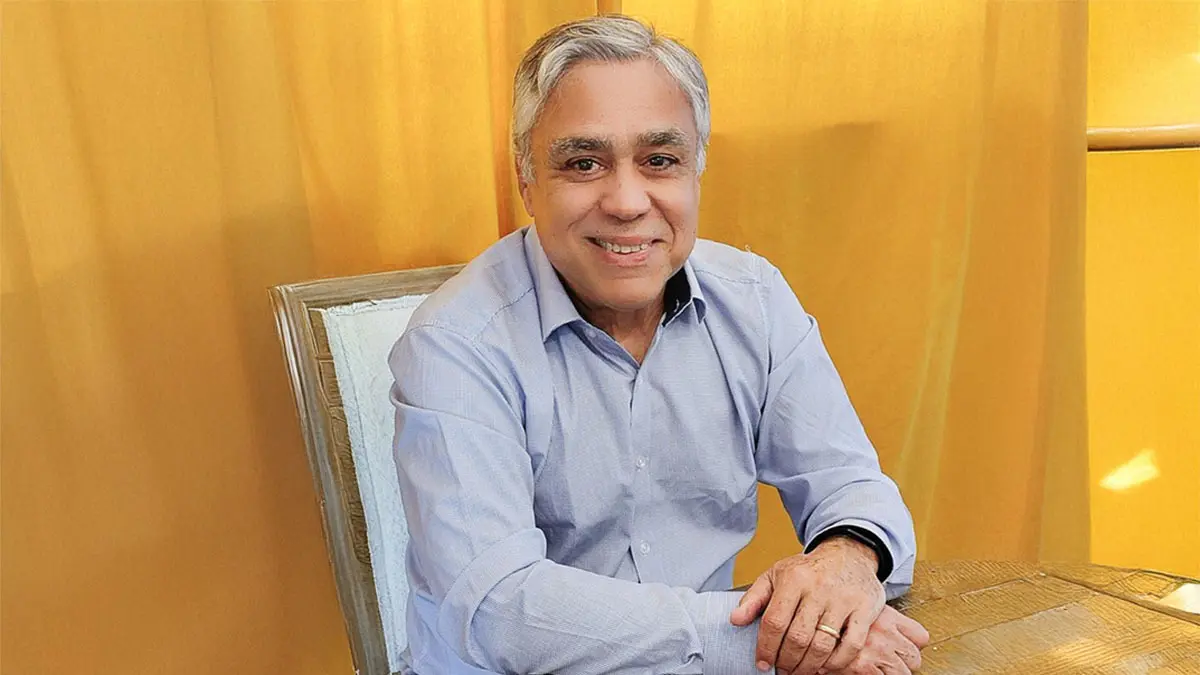
On 15 March, the White House announced the return to El Salvador of two leaders of MS-13, or Mara Salvatrucha, along with a total of 250 members of the Tren de Aragua.
President Donald Trump invoked the Foreign Enemies Act due to the ‘invasion of the Aragua Train (TdA)’ on US territory. The alleged correlation with the government of Nicolás Maduro was more than evident. This correspondent has recently interviewed José Vicente Carrasquero, an analyst and expert in international relations, public opinion consultant and electoral campaign strategist, in Miami to bring to the public's attention issues surrounding the infiltration of the TdA and its hostile actions against several countries, such as the United States and Spain.
‘The TdA continues to participate in mass illegal migration to the United States, infiltrating its flows with the aim of destabilising democratic regimes,’ José Vicente Carrasquero began the interview with this correspondent.
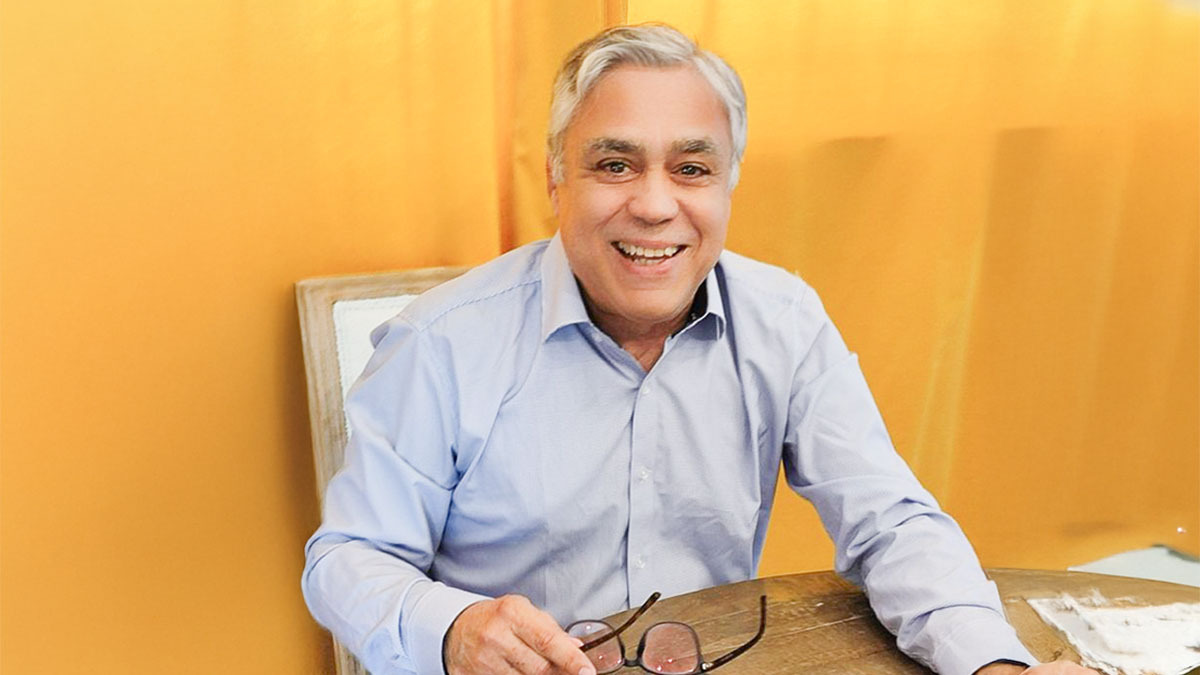
We are talking about highly dangerous prisoners, Venezuelan citizens, deported to El Salvador and not to Venezuela. This is part of a joint strategy between the governments of Nayib Armando Bukele and Donald Trump. It is a controversial but effective policy to combat crime, thanks to the operational capacity and maximum security of the CECOT (Terrorism Confinement Centre), located in the district of Tecoluca, which can hold up to 40,000 members of dangerous gangs. Although the CECOT has been criticised for alleged human rights abuses, it has also been praised for the arrest of alleged gang members who were gaining power and influence. ‘EU countries must bear in mind that Donald Trump has designated several Latin American criminal groups as foreign terrorist organisations.’
That being the case, on 30 April, Spanish newspapers opened their front pages with the news of the impeccable performance of the Spanish National Police and how it had prevented the establishment, following the precepts from the American continent, in certain Spanish capitals, of the Mara Salvatrucha, known by the abbreviations MS, Mara or MS-13, an international association, as indicated, managed by Salvadoran criminal gangs. A few days earlier, the US State Department had described the Tren de Aragua (TdA) as a ‘terrorist organisation that is waging an irregular war to undermine public security’.
On Donald Trump's migration crusade and the criminal activities affecting the security of this country, Carrasquero, who is also a university professor, alluded to the benefits that the process of globalisation has brought to Mara Salvatrucha in establishing its centres of operations in different countries, with firm, well-defined and hierarchical systems. Following the persecution of thousands of its members, most of whom were deported to El Salvador, some have moved to other countries.
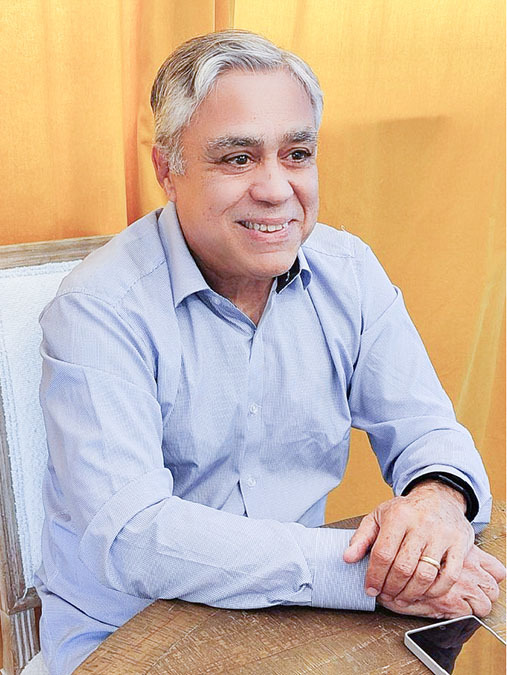
Apparently, there could be a certain trend towards the internationalisation of crime in Spain, along with its interdependencies with drug cartels, extortion, arms smuggling, kidnapping, robbery and even contract killings. Expert Carrasquero urged the need to impose strict immigration mechanisms to the extent that states protect their citizens.
According to the latest official data provided by Carrasquero, it could be said that, at present, the transit of people through the Tapón del Darién (Darien Jungle) has fallen dramatically, despite criticism of the new Trump administration's immigration policy. The CBP (the United States Customs and Border Protection service), which works hard to prevent the entry of terrorists, estimates that in March 2024, a total of 137,000 people were detected illegally at the southern border of the United States. In the same period in 2025, this figure fell to 8,300, a sharp decline of 95%.
The expert Carrasquero recalled, together with this journalist, the times when Chaves came to power and the situation he faced: prisons with a prison system based on ‘pranes’ (prison gang leaders), in an attempt to maintain order through inmates, genuine criminals and criminal leaders who enjoyed functional benefits. ‘The national authorities ceded increasing control over their territories to transnational criminal organisations such as the TdA.’
In Aragua, there were prisons with clubhouses, swimming pools and special rooms. This situation of autarchy, which managed to maintain peace, led to the creation of a criminal organisation that collected large sums of money from the prisons themselves. ‘A kind of military force (parallel to the security forces), albeit criminal, which controlled the neighbourhoods and working-class areas of Venezuela.’
The current president, Nicolás Maduro, encouraged them to leave for other countries, and that is when the Táchiva exodus began with Norte de Santander in Cucutá. Their settlements in ‘sanctuary cities’ such as Denver, Chicago and New York facilitated the pull factor during Kamala Harris's term in office, given that US governors and mayors failed to cooperate with the forces controlling irregular migration, meaning that support for border patrols and procedures against the cartels were not entirely effective. ‘Harris was very lax on the issue of immigration and border security, and now we are seeing the consequences, which are affecting Spain.’
Carmen Chamorro García, CIP/ACPE executive and expert in International Relations and Global Terrorism at the SEI

